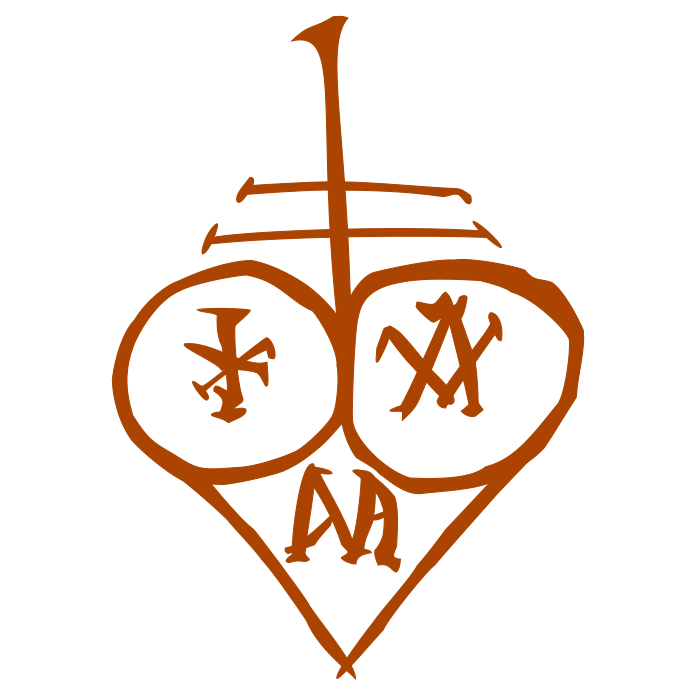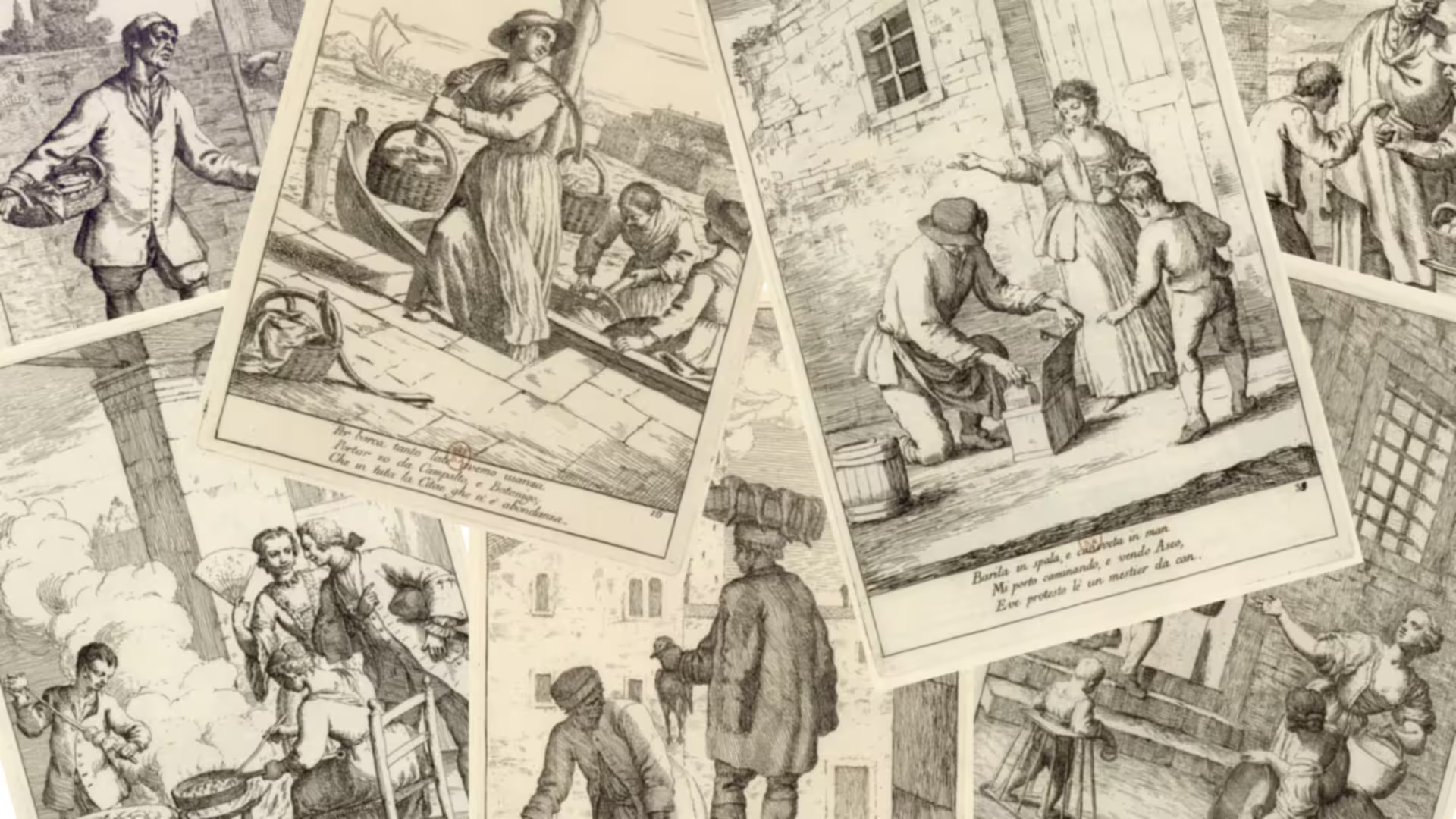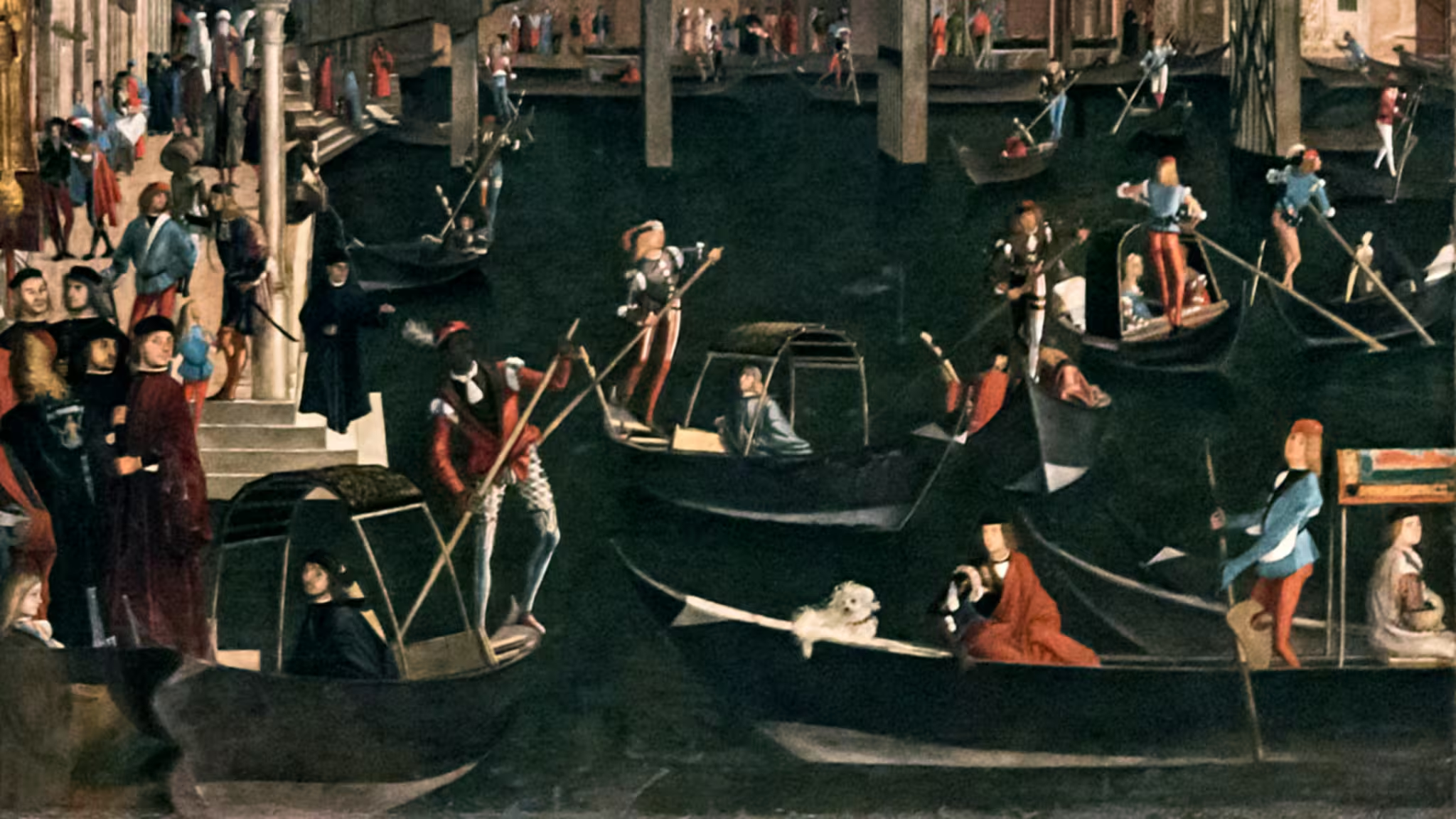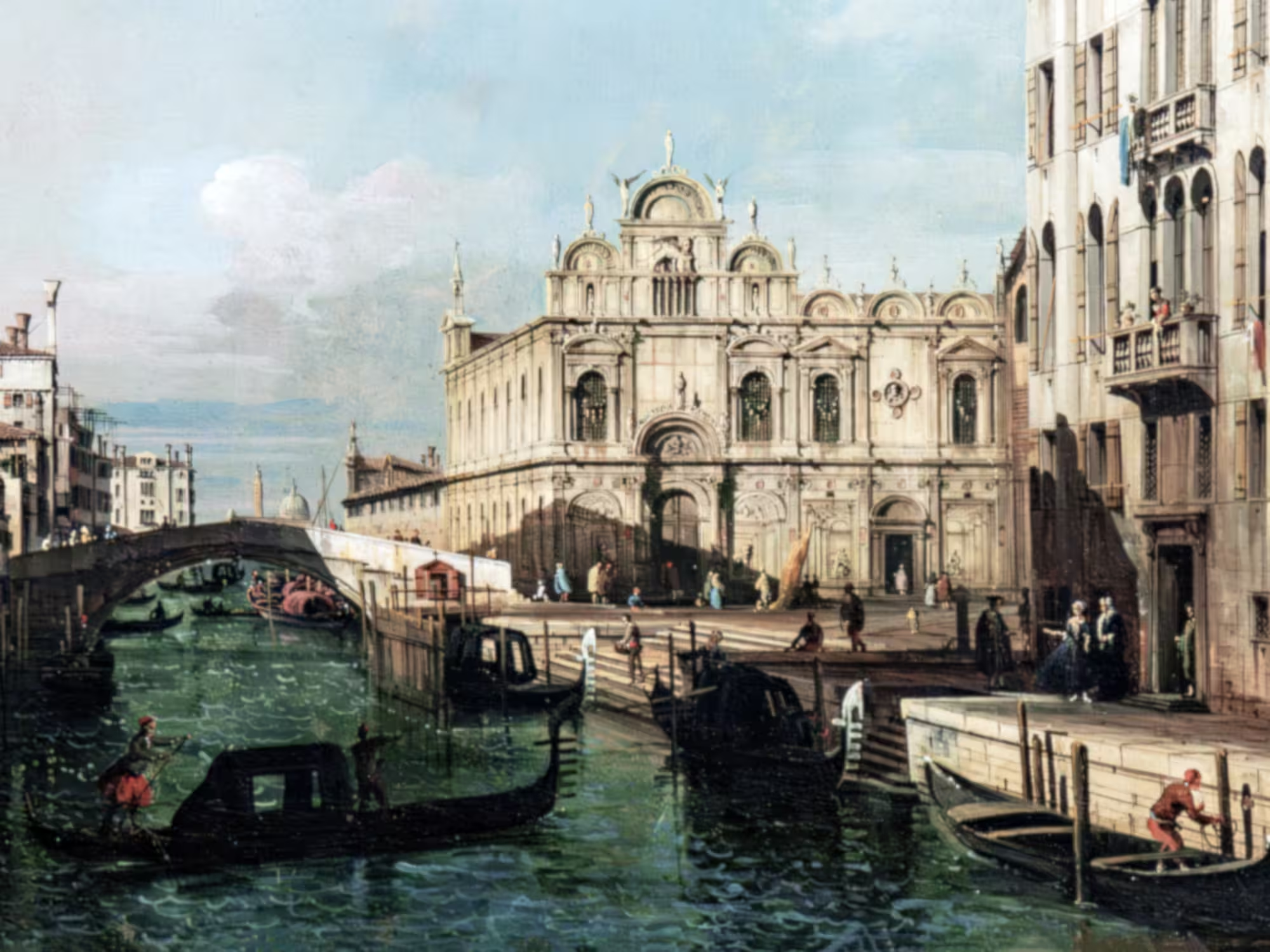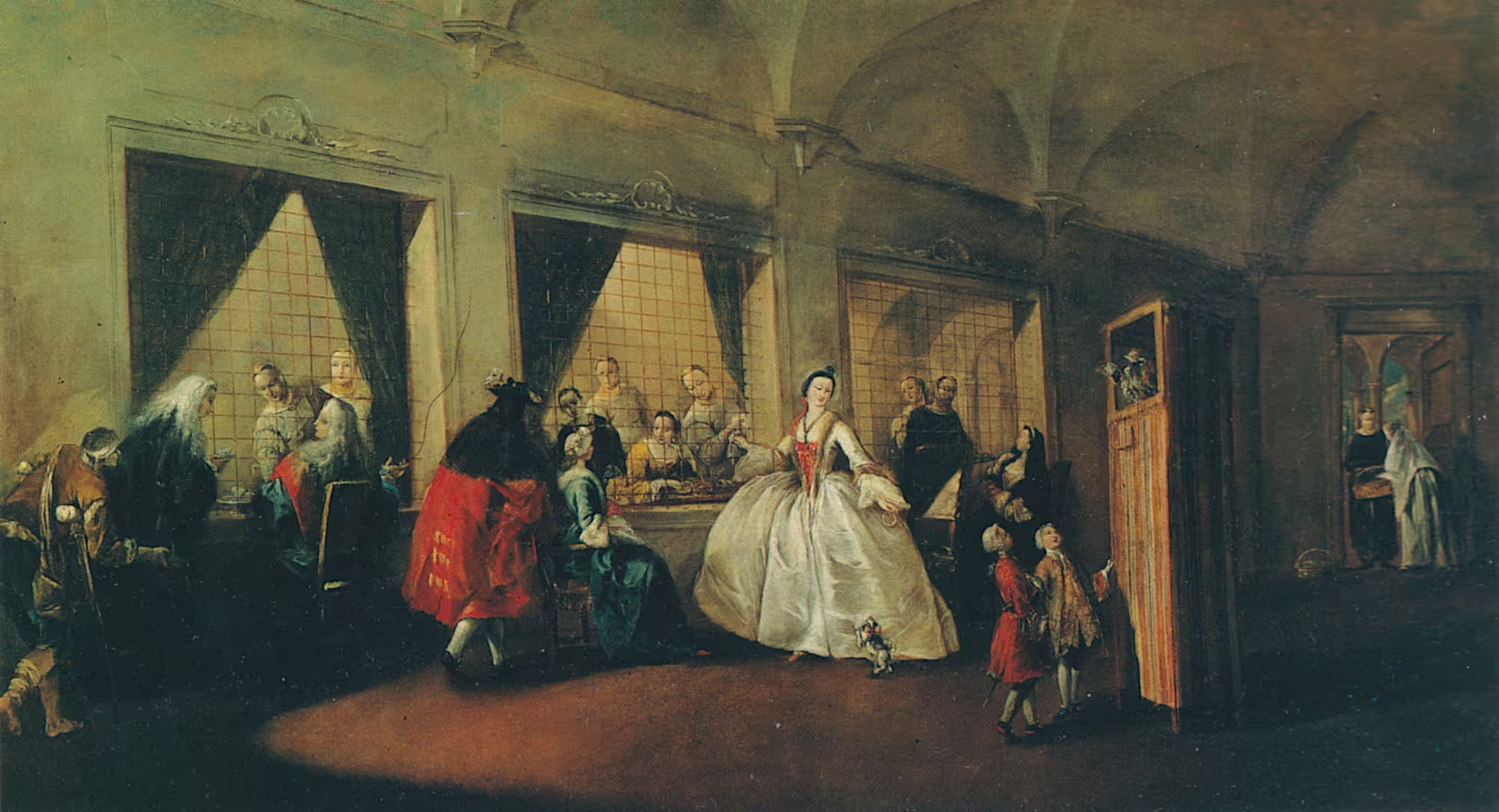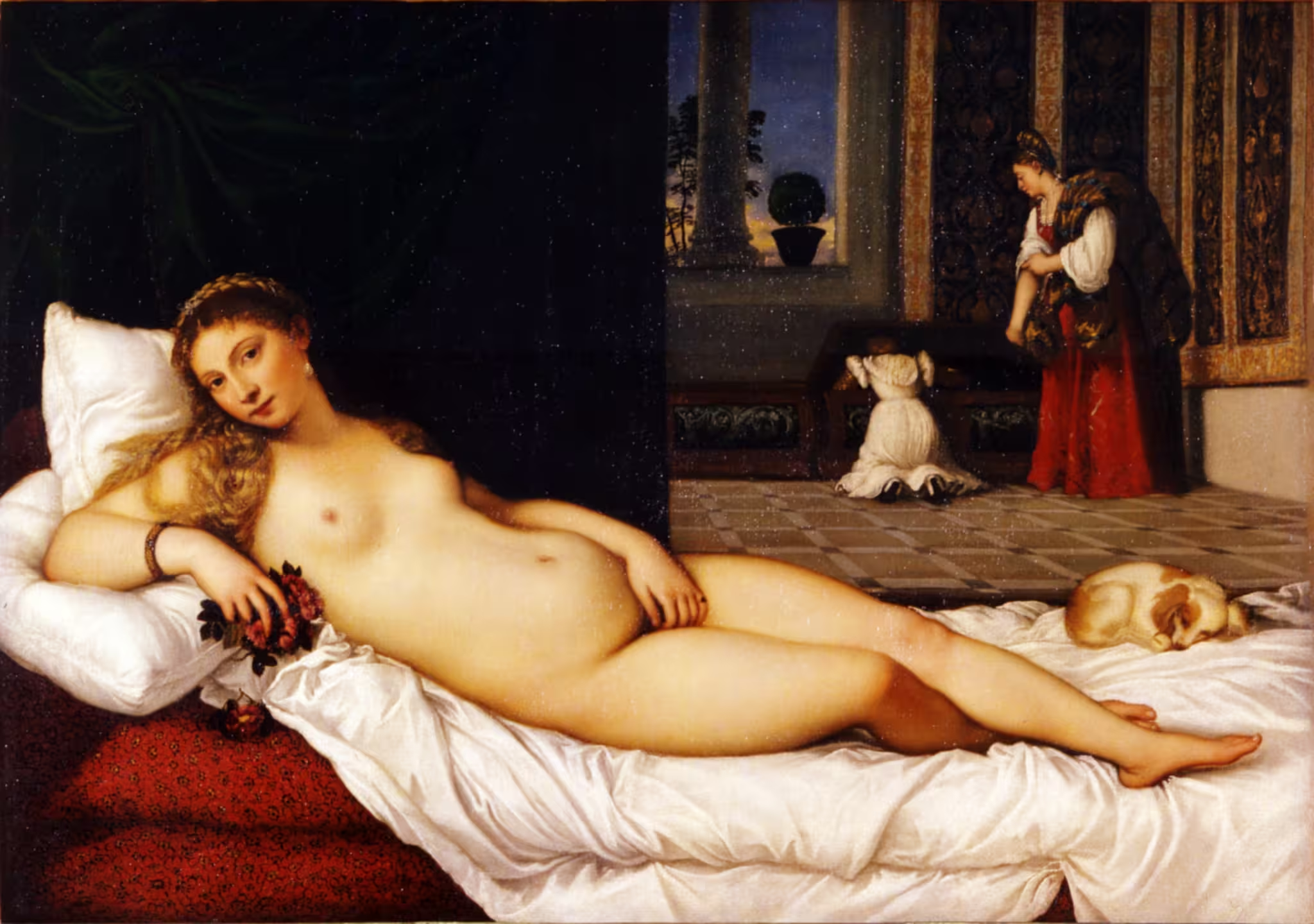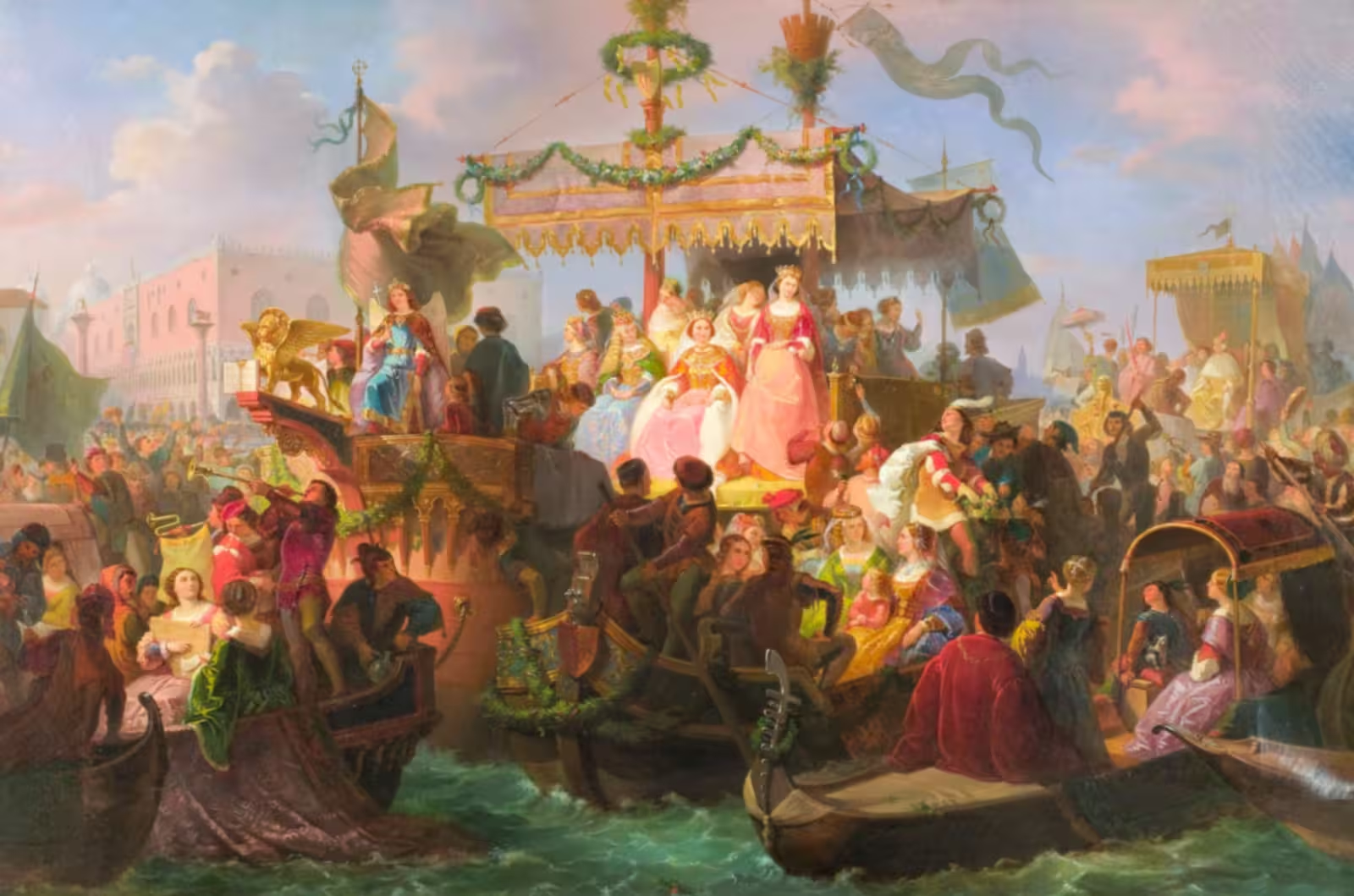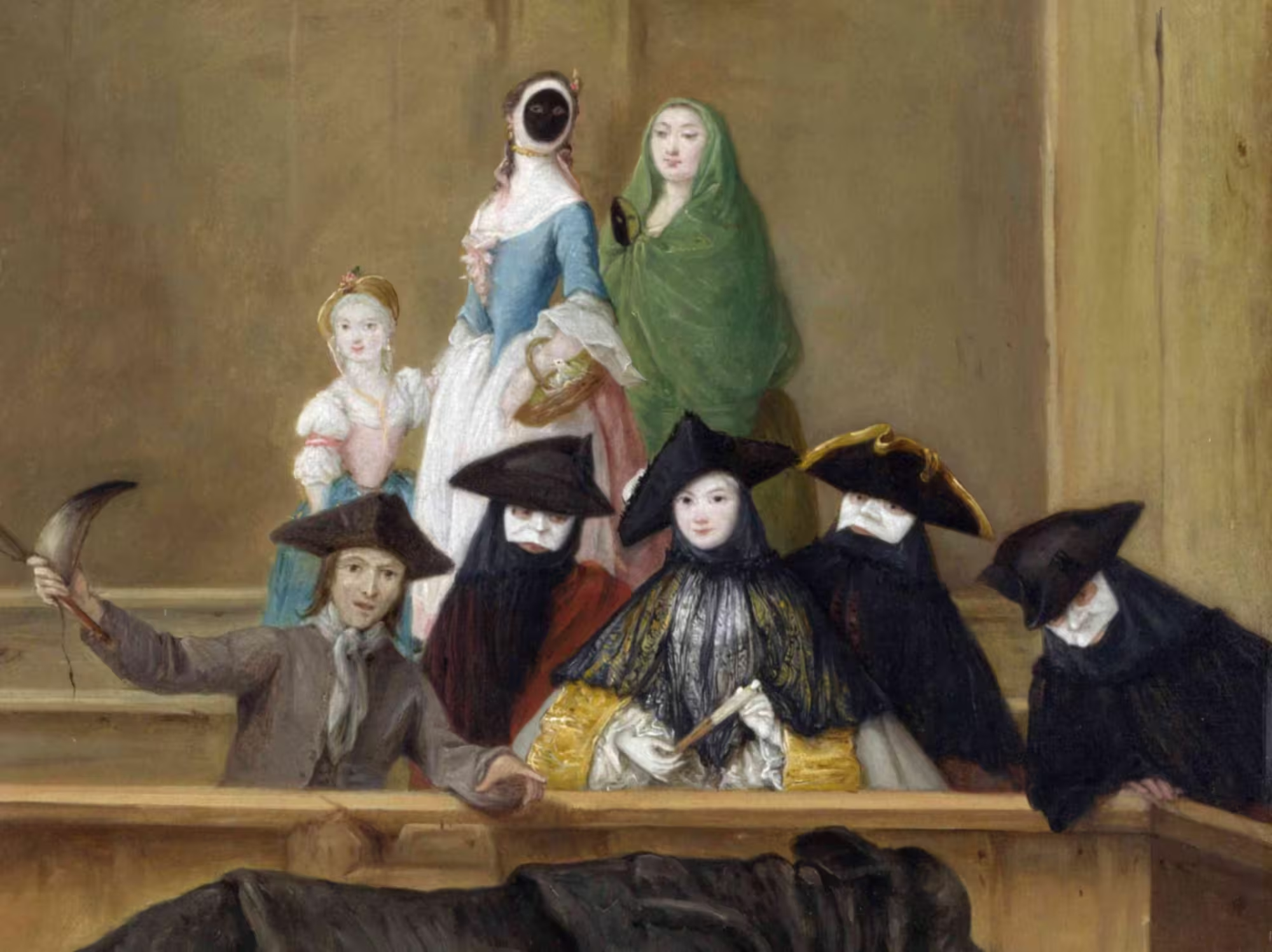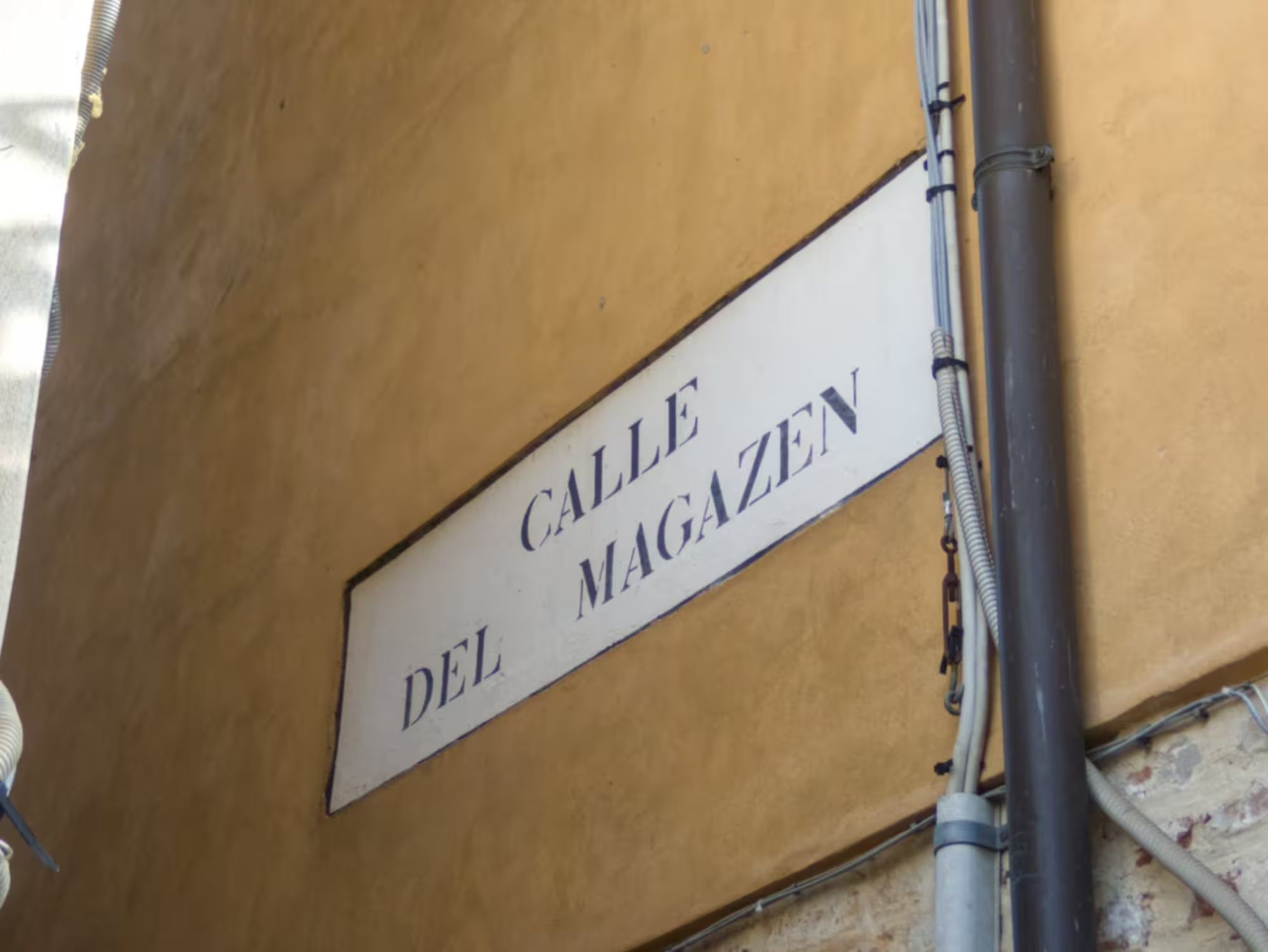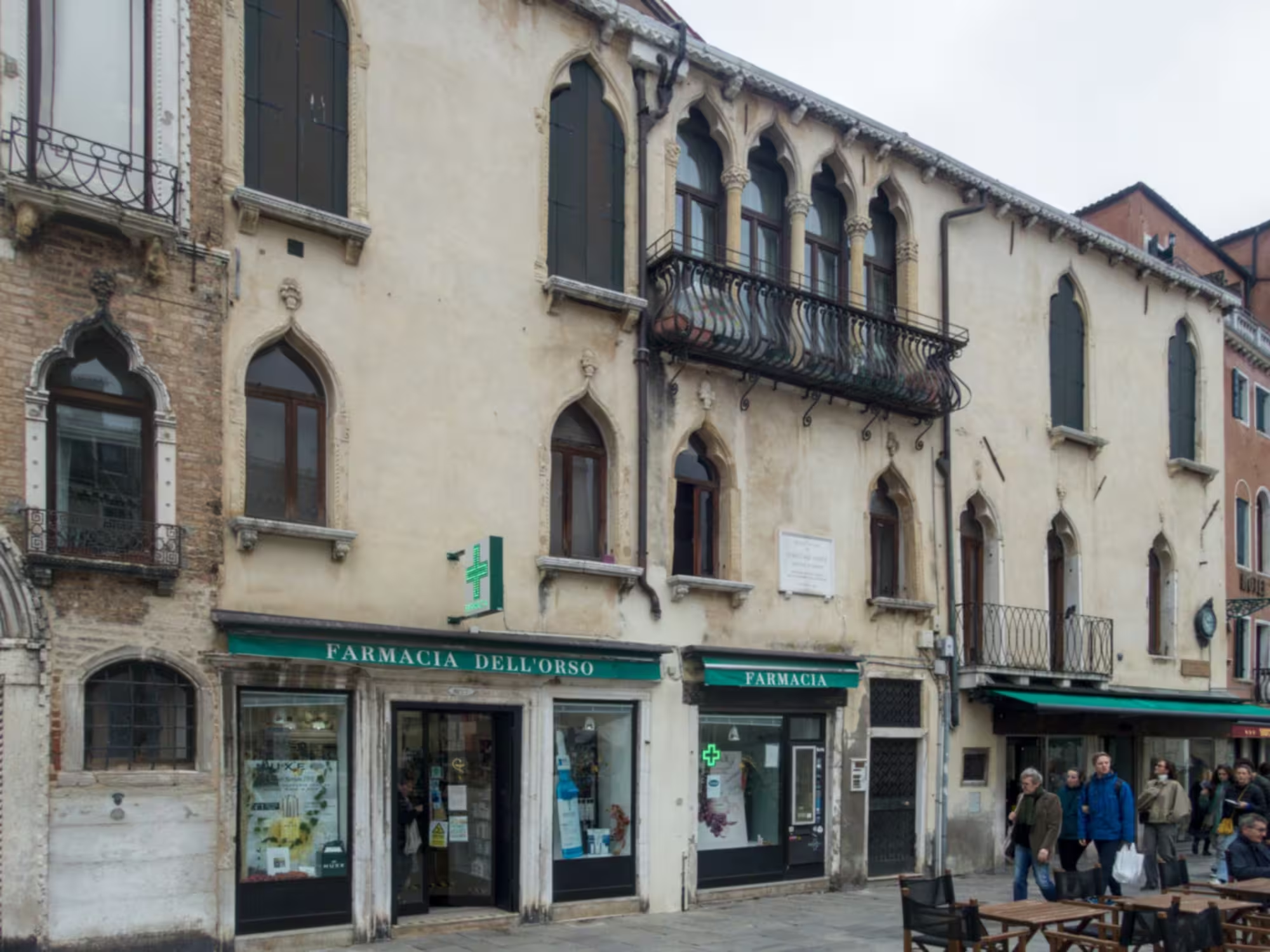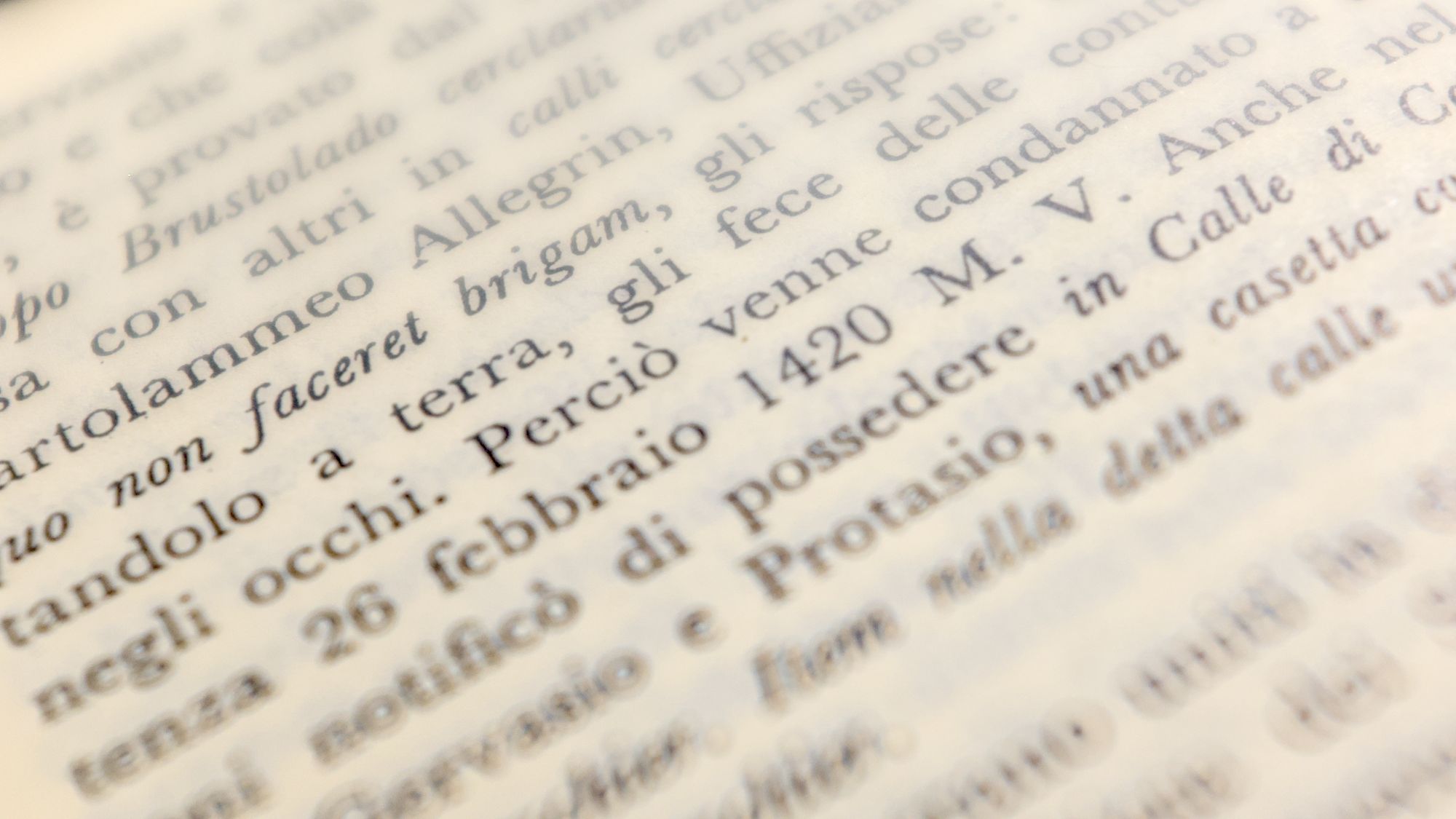Life, customs and ways of doing things
-
Street-food in the 1700s
Engravings of people working in the alleyways of Venice in the 1700s can tell us quite a bit about what people ate.
-
Scuole Grandi
The Scuole Grandi — or the Great Schools — were Venetian medieval charities which due to their wealth became important institutions
-
Fornicators of Nuns
“Fornicators of Nuns” were criminals in ancient Venice, and harshly punished, but that didn’t stop nuns from having lovers.
-
Prostitution in Venice
In ancient Venice prostitution was considered a necessary evil, where more harm would come from a ban than from a de facto acceptance
-
Festa delle Marie
The “Festa delle Marie” celebrating the liberation of brides abducted by pirates, was an important event in medieval Venice.
-
Carnival in Venice
The Venetian Carnival was celebrated for centuries, until the end of the Republic. The modern carnival is only superficially similar.
-
Venice rhymes with Wine
Wine is all over in Venice, and always has been
-
Then and now, together
As many people still say about Venice: It’s beautiful, but I wouldn’t live there. Much the same can be said of the past.
-
More Veneto
“More veneto” refers to the official calendar of the Venetian State which was based on the ancient Roman calendar
